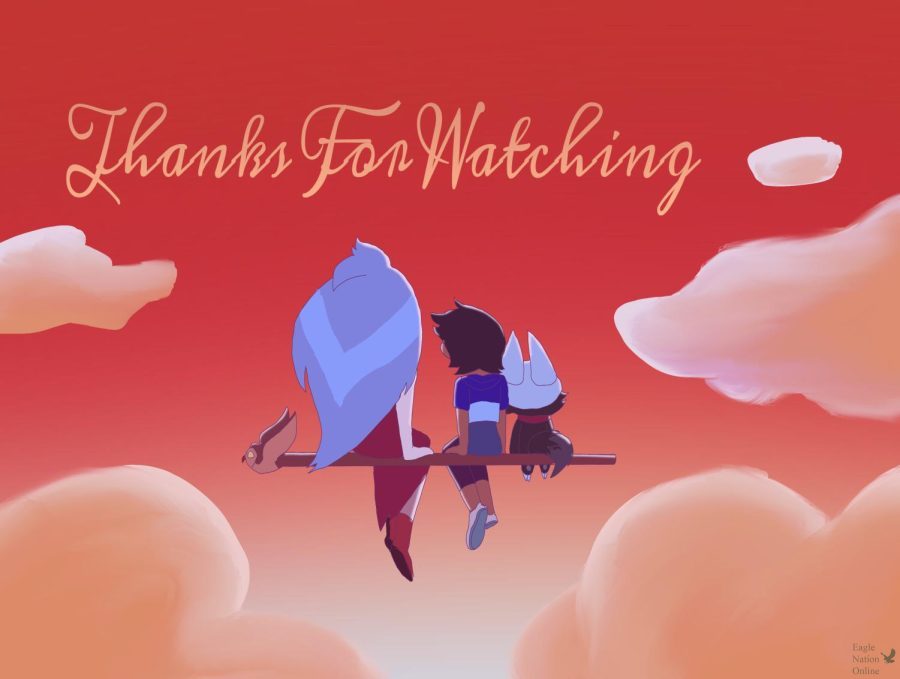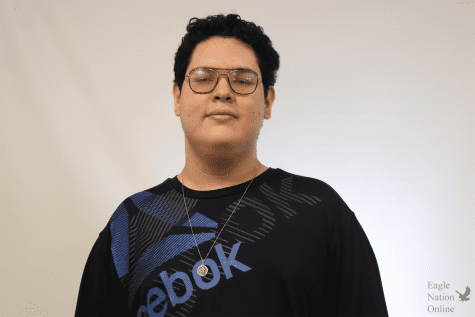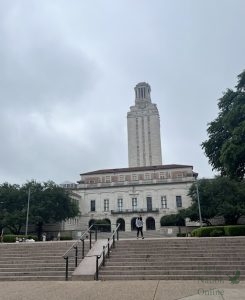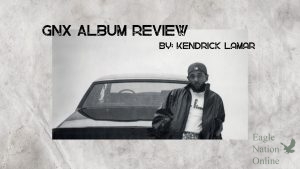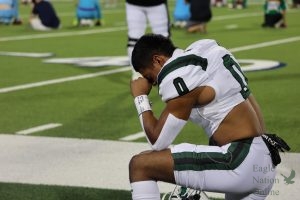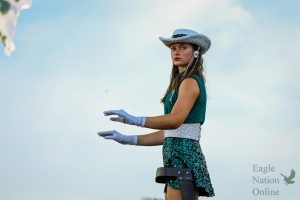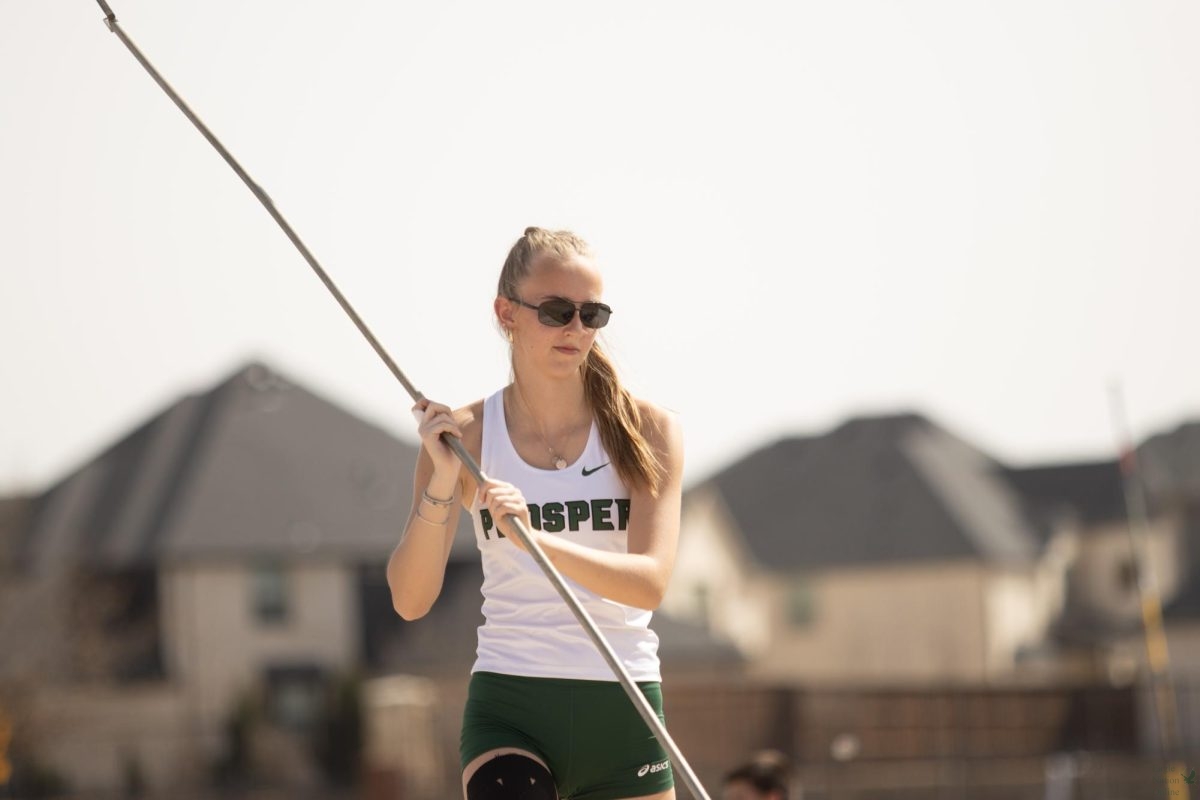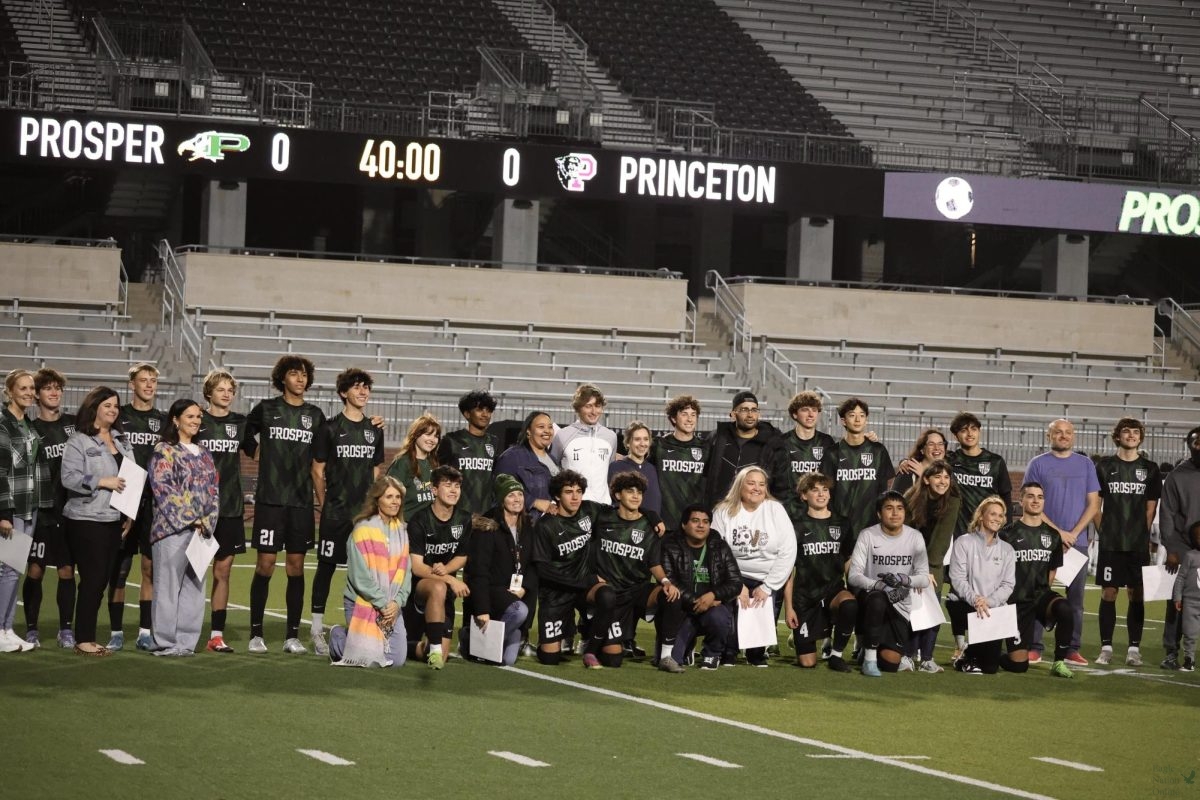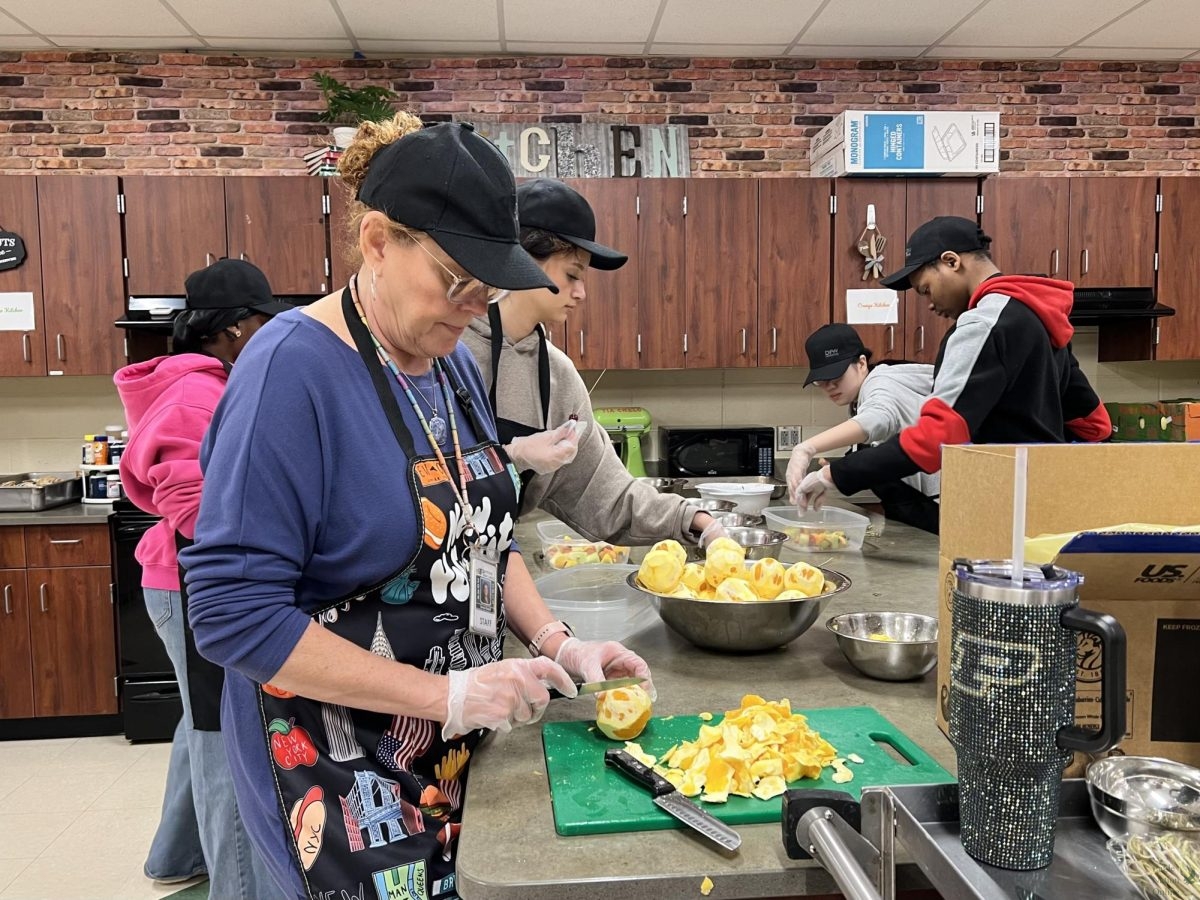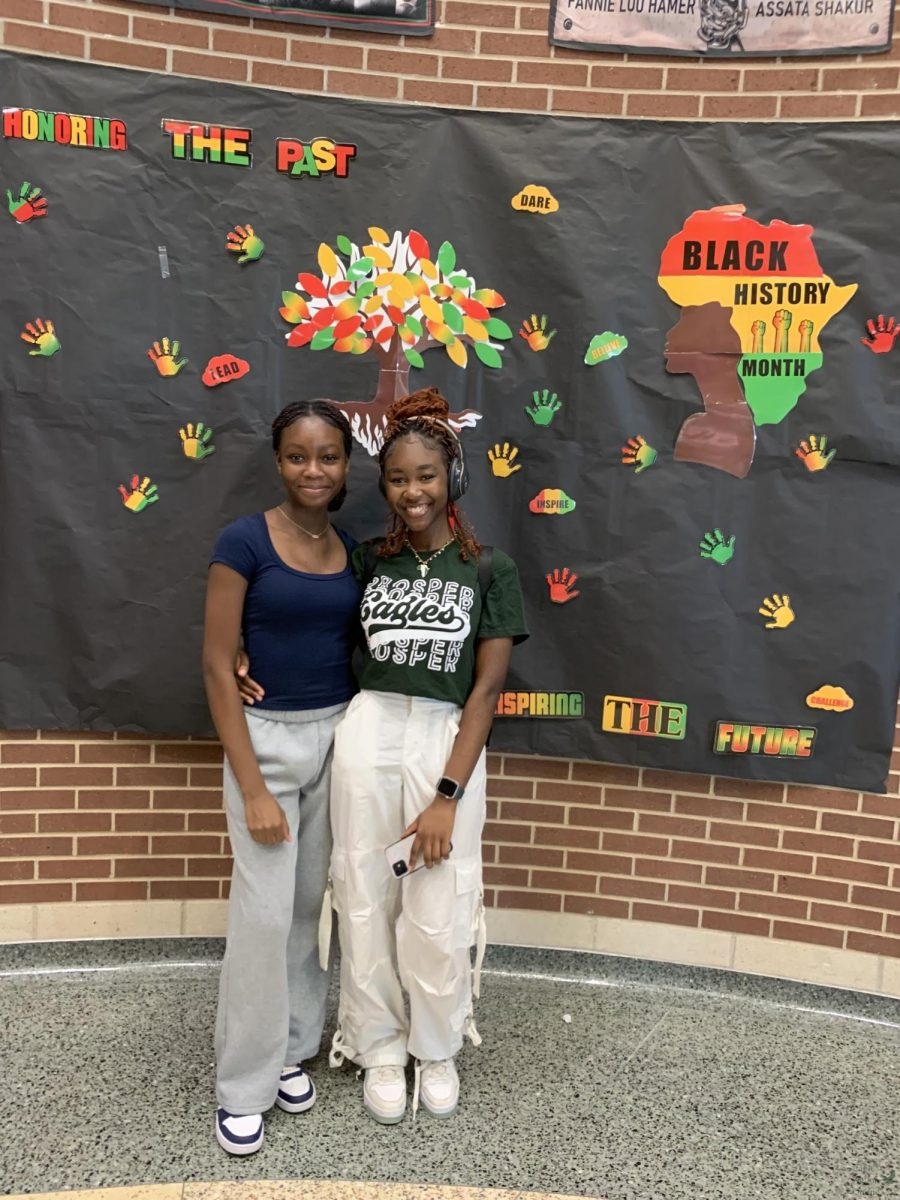Review: Writer reflects on Disney show ‘Owl House’
In digitally drawn artwork, the three main characters of the Disney animated series “The Owl House” look out at a sunset under the words “Thanks For Watching.” The show was created by former Disney storyboard artist, Dana Terrace. The series finale, “Watching and Dreaming” aired on April 8.
May 5, 2023
The Owl House is an animated show created and produced by Dana Terrace for Disney that aired on Disney Channel starting Jan. 10 of 2020, and recently aired its season finale on April 8 after being cut short by the network. The show follows a teenage girl, Luz Noceda, who accidentally stumbles upon a magical portal to a different dimension filled with magic and weird creatures of all sorts. Despite not being born with any innate magical powers, Noceda starts to pursue magic and becomes a witch’s apprentice, something she has dreamed about because of her favorite book series.
Soon after the show premiered, it gathered a large fanbase, especially among members of the LGBTQ+ community, who identified with the show’s theme of outcasts finding their place in the world, and with the leading relationship between Noceda and her eventual rival-turned-girlfriend, Amity Blight. This relationship, however, is a possible reason for the show’s cancellation due to it “not fitting the brand” of Disney. The show had plenty of representation, from explicitly queer relationships and characters, like the nonbinary leader of one of the show’s organizations Raine Whispers, who is also the love interest of Eda Clawthorne, Noceda’s mentor and one of the deuteragonists of the show. Clawthorne also serves as a representation of people with chronic illnesses, because of a curse that she is under that shows throughout the series. Though it was labeled and marketed as a ‘kids’ show,’ The Owl House has spotlighted a lot of issues that may be seen as more mature like anxiety, depression and various other mental health issues. Addressing those topics, as well as having such avid and explicit queer representation, has led this show to also be popular among teenagers and young adults, who make up a large percentage of the fandom.
As for me and my connection to the show, I didn’t start watching until late 2021 or early 2022, definitely arriving late to the party, but the instant I started watching the show, I fell absolutely in love with it — it quickly became a new and consistent hyperfixation of mine, and still is to this day. One of the many reasons for my continued interest in this show is how heavily I identify with the main character, Luz. Even from the beginning of the show, I identified with her struggle to find somewhere to belong and fascination with all things fantastical. As the show progressed, that feeling of connection to the character only grew within me, hitting its peak when the cartoon showed Luz’s struggle with being neurodivergent. Later in the same season, she has a moment with her mother Camila where she reveals her truest and deepest wish to bond with, and hatch, her palisman. This wish being that “the only thing I’ve ever really wanted, was to be understood,” — something I also identify with.
This show has been an amazing piece of media that I recommend to anyone willing to watch it, and has made an impact on me as well as many others across the world that will last a lifetime.



